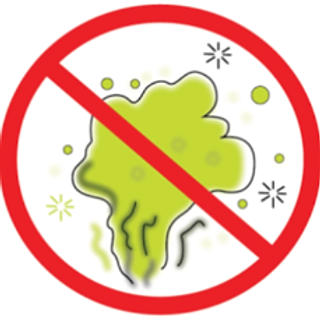California Cardroom Facts
- Smell-Eliminators
- Jun 14, 2021
- 2 min read
by Smell-Eliminators

About California Cardrooms
Alongside local ordinances, the California Gambling Control Act of 1998 provides guidelines for how cardrooms may operate. Unlike tribal casinos, California cardrooms do not contain slot machines or “banked” games, but rather allow patrons to play a large number of poker and table games. Cardrooms are unique in that instead of serving as a “house” for games like tribal casinos do, players are afforded the chance to act as the dealer at each table. California is home to 88 licensed cardrooms, which claim more than 1,900 tables for various games as well as many temporary tournament tables reserved for high-caliber play.
Cardroom Job Creation
Cardrooms employ more than 23,000 individuals across the state, affording employees a stable job with dependable upward mobility. Many of these employees live in underserved communities with little to no prior training, providing them with a living-wage job that they would be hard-pressed to find elsewhere. These local jobs have lifted families up, allowing parents to provide for their people and even put their children through higher education.
California Cardrooms generate more than $2 billion in economic activity.
Cardrooms in the Community
Cardrooms also invest in the social fabric of their communities by participating in and hosting various charities such as scholarship programs, local beautification projects, and holiday events, to name a few. These philanthropic efforts are merely a window into the strong commitment the cardrooms have to partner with local communities and their residents.
Cardrooms and Tribal Casinos
Cardrooms are subject to local, state, and federal laws and extensive regulatory scrutiny in public meetings before the California Gambling Control Commission. Tribal casinos are authorized by the Indian Gaming Regulatory Act, which grants them independent sovereignty with limited oversight by the Commission and other state regulators.
Also, while cardrooms generate their revenue solely from table games like Poker, tribal casinos acquire nearly 90 percent of their revenue from slot machines, to which they have the exclusive rights. Additionally, tribal casinos offer house-banked games pursuant to their state compacts, unlike cardrooms, which only offer poker and table games and cannot have a stake in the outcome of games. Cardroom players are also granted the unique opportunity to wager in the dealer position. Finally, cardrooms have been in operation since the early 1800s, predating California’s statehood and well before the inception of tribal casinos’ legal formation in 2000.
With fierce competition among Cardrooms in California, how do they separate themselves?
Being able to deliver a world-class experience is crucial towards their reputation, which will keep people coming back and in the end affecting overall profitability. If your location is facing odor issues that includes unwanted malodors, smoke smells, urine smells, or having costly drain-line build-up from fats, oils, and greases. Please contact us at Smell-Eliminators (800) 325-4095 or click the link below for our website. We are here to protect your brand & enhance your customer's experience.






Comments